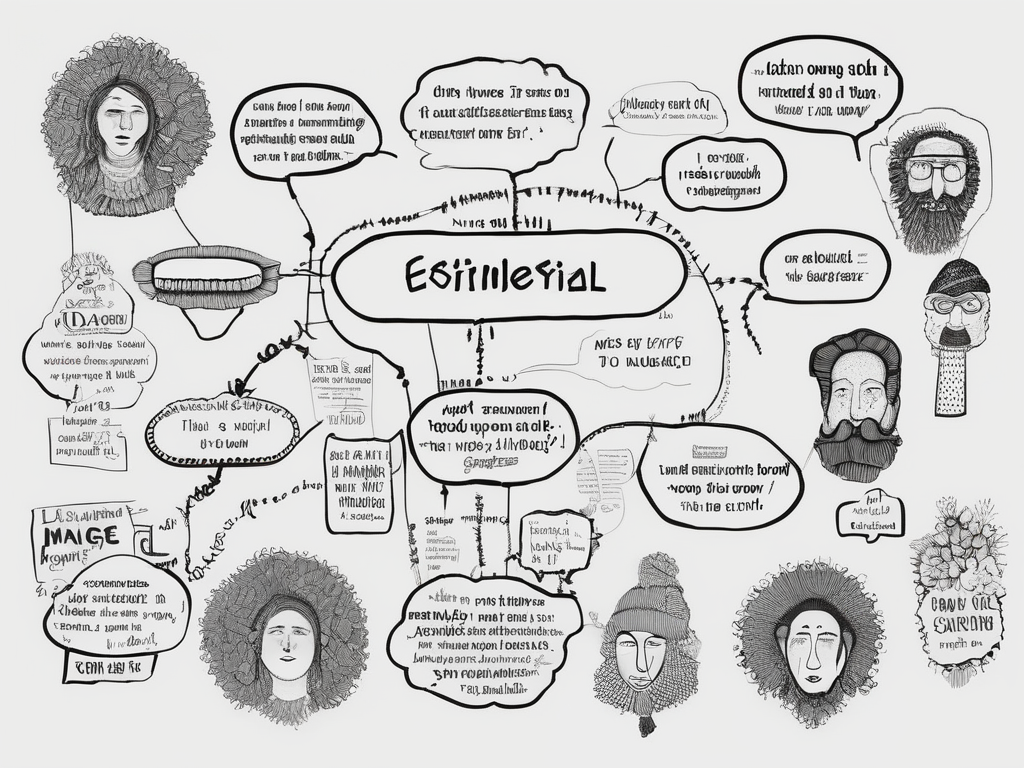
## Existential Dread and Large Language Models: A Deep Dive into… This Thing
Right, let’s talk about this. Because apparently, we’ve reached peak absurdity. We’ve had Pedro Pascal look-alike contests – *nearly thirty* people attempting to capture the essence of a man who already radiates weary charisma! And now? Now we have…this. A large language model named… well, let’s just call it “The Project.” The description sings siren songs about generating text, translating languages, and answering questions. Wonderful! Truly, progress is marching onward.
Because what the world *really* needed was another algorithm churning out vaguely coherent sentences. We were all desperately waiting for it, weren’t we? Like a parched desert yearning for a lukewarm glass of tap water. I mean, look around! Are there pressing global crises begging for solutions? Societal inequities demanding redress? No, no. Let’s divert resources towards something that will inevitably be used to generate marketing copy and slightly unsettling fanfiction about sentient toasters.
The promise is always the same: it’s going to revolutionize everything! It’s going to understand nuance! It’s going to *feel*! (Spoiler alert: it won’t). It’ll likely just regurgitate pre-existing biases, generate plausible but utterly false information with terrifying confidence, and contribute even more to the digital noise that is slowly swallowing us all.
And don’t get me started on the breathless pronouncements about its “size.” Twelve billion parameters! As if sheer quantity equals quality. It’s like saying a mountain of poorly written pamphlets constitutes profound philosophical discourse. It doesn’t. It’s just… a lot of stuff. A very, *very* large pile of stuff pretending to be clever.
Frankly, I need another margarita. Preferably one delivered by someone who actually looks and acts like Pedro Pascal – not an attempt at mimicking him. Because that, at least, would offer some fleeting entertainment before the inevitable digital apocalypse.